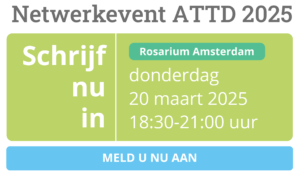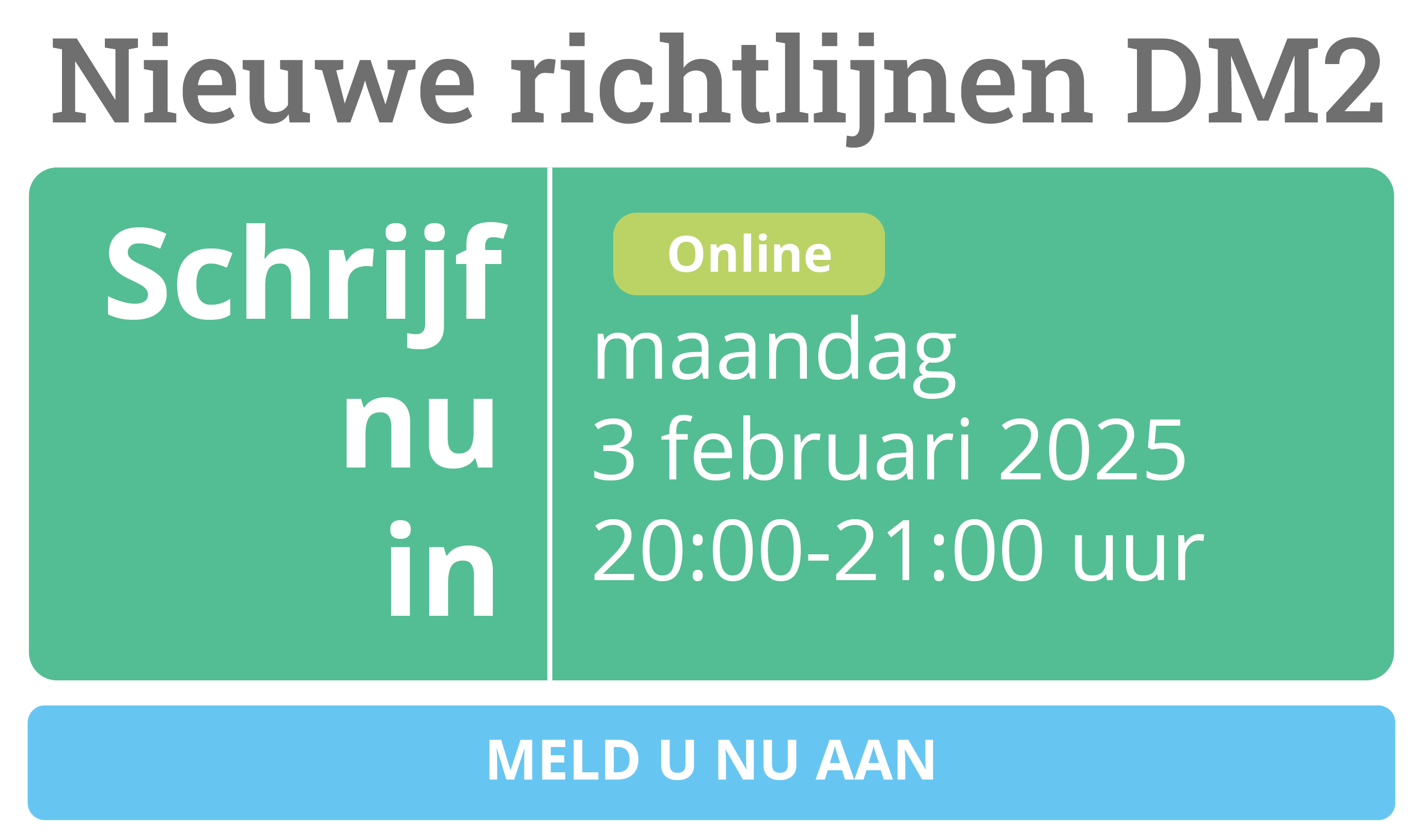In 2016, nationwide reimbursement of intermittently scanned continuous glucose monitoring (isCGM) for people living with type 1 diabetes treated in specialist diabetes centers was introduced in Belgium. We undertook a 12-month prospective observational multicenter real-world study to investigate impact of isCGM on quality of life and glycemic control.
Between July 2016 and July 2018, 1,913 adults with type 1 diabetes were consecutively recruited in three specialist diabetes centers. Demographic, metabolic, and quality of life data were collected at baseline, 6 months, and 12 months of standardized clinical follow-up. The primary end point was evolution of quality of life from baseline to 12 months. Secondary outcome measures were, among others, change in HbA1c, time spent in different glycemic ranges, occurrence of acute diabetes complications, and work absenteeism.
General and diabetes-specific quality of life was high at baseline and remained stable, whereas treatment satisfaction improved (P < 0.0001). Admissions for severe hypoglycemia and/or ketoacidosis were rare in the year before study (n = 63 out of 1,913; 3.3%), but decreased further to 2.2% (n = 37 out of 1,711; P = 0.031). During the study, fewer people reported severe hypoglycemic events (n = 280 out of 1,913 [14.6%] vs. n = 134 out of 1,711 [7.8%]; P < 0.0001) or hypoglycemic comas (n = 52 out of 1,913 [2.7%] vs. n = 18 out of 1,711 [1.1%]; P = 0.001) while maintaining HbA1c levels. Fewer people were absent from work (n = 111 out of 1,913 [5.8%] vs. n = 49 out of 1,711 [2.9%]; P < 0.0001). Time spent in hypoglycemia significantly decreased in parallel with less time in range and more time in hyperglycemia. Eleven percent (n = 210) of participants experienced skin reactions, leading to stopping of isCGM in 22 participants (1%).
Nationwide unrestricted reimbursement of isCGM in people with type 1 diabetes treated in specialist diabetes centers results in higher treatment satisfaction, less severe hypoglycemia, and less work absenteeism, while maintaining quality of life and HbA1c.



